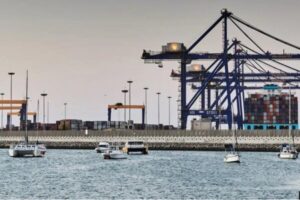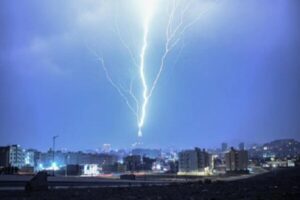Ukrainian President Volodymyr Zelensky has arrived in Saudi Arabia to push Riyadh to actively support Kiev in its war against Russia.
Zelensky said on Tuesday in a message on the X that Kiev was relying on Saudi Arabia’s ongoing active support to restore peace and stability to Ukraine and Europe.
“We discussed … the steps that can be taken to restore true security to Ukraine, Europe, and the global community of nations.”
— Volodymyr Zelenskyy / Володимир Зеленський (@ZelenskyyUa) February 27, 2024
Zelensky said, firstly, he wanted to continue his “regular dialogue” with the de-facto leader of Saudi Arabia, Crown Prince Mohammed bin Salman (MBS), to discuss devising a “Peace Formula” for Ukraine’s war against Russia.
“The second topic is the return of POWs and deportees,” Zelensky wrote. “The Kingdom’s leadership has already contributed to the release of our people. I am confident that this meeting will also yield results.”
Zelensky added that economic cooperation between the two countries would also be discussed during his visit.
We will discuss “promising areas of economic cooperation and Saudi Arabia’s involvement in Ukraine’s reconstruction,” he said.
MBS has sought to position Riyadh as a potential international mediator to end the war between Ukraine and Russia.
Saudi Press Agency (SPA) reported that during a meeting between MBS and Zelensky, the crown prince had voiced Riyadh’s support for all international peace initiatives and efforts aimed at resolving crises and alleviating the humanitarian repercussions of the war.
In the meantime, the Ukrainian leader has held multiple meetings with leaders of the US-led Western countries that have supported Kiev in its war against Russia.
The purpose of these meetings has been to increase the speed, volume and frequency of the West’s financial, diplomatic and military support to Kiev.
Meanwhile, Kiev’s forces are being pushed out of Donbas in eastern Ukraine with Russia gradually gaining more territory as the Ukrainians wait for arms and munitions from their Western partners to fill what they call the “artificial deficit of weapons”.



